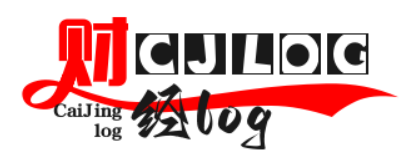期货市场 英语

The futures market, also known as the futures exchange, is a financial marketplace where investors can trade standardized contracts to buy or sell specific assets at a predetermined price and date in the future. It is a vital component of the global financial system and plays a crucial role in facilitating price discovery, risk management, and hedging strategies for various market participants.
In the futures market, the contracts traded are known as futures contracts. These contracts specify the quantity, quality, and delivery date of the underlying asset, which can be commodities such as crude oil, natural gas, agricultural products, metals, or financial instruments like stock indexes, currencies, or interest rates.
Participants in the futures market include commercial producers and consumers of the underlying assets, speculators, and hedgers. Commercial users of commodities, such as farmers or oil producers, can use futures contracts to hedge against the price risk of their products. For instance, a farmer can sell futures contracts for his crop to secure a price before harvest, ensuring a predictable income even if market prices decline. On the other side, speculators aim to profit from price fluctuations by buying or selling futures contracts without any intention of taking physical delivery of the underlying asset.
The futures market operates through exchanges, which are centralized platforms where buyers and sellers come together to trade contracts. These exchanges provide a transparent and regulated environment for trading, ensuring fair pricing and reducing counterparty risk. Some well-known futures exchanges include the Chicago Mercantile Exchange (CME), the New York Mercantile Exchange (NYMEX), and the London Metal Exchange (LME).
Trading in the futures market involves taking both long (buy) and short (sell) positions on futures contracts. The price of a futures contract is determined by the forces of supply and demand in the market and is influenced by various factors such as economic indicators, geopolitical events, weather conditions, and market sentiment.
One important feature of futures trading is leverage, which allows market participants to control a larger position with a smaller initial investment. This can amplify both profits and losses, making futures trading a high-risk, high-reward activity. Therefore, it requires careful risk management and a thorough understanding of the market dynamics.
In summary, the futures market is a financial marketplace where standardized contracts for buying or selling assets at a future date and price are traded. It serves as a crucial mechanism for price discovery, risk management, and hedging strategies for a wide range of market participants.













